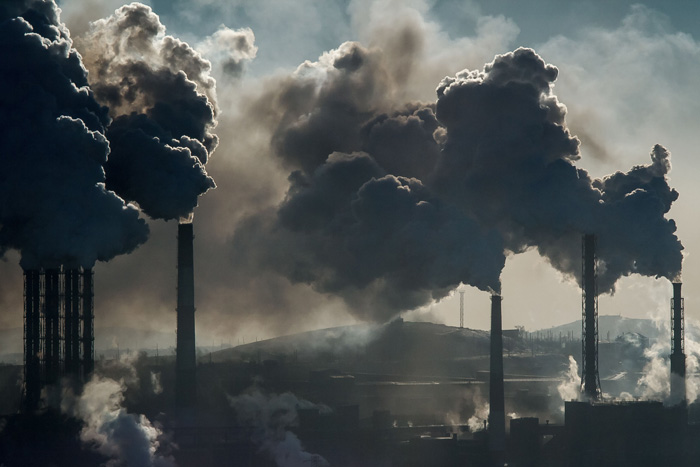Rethinking Lifestyle
Humans are Destroying their Habitat – Fact or Opinion

A legitimate question to ask in the wake of the COP26 consultations is whether human activity is indeed affecting the planet significantly. That human activity has affected the planet can hardly be disputed. Whether this activity has been significant is a matter of opinion.
When I find myself in congested, multi-lane traffic, and reflect that what I see is but a minute part of what is going on world wide with each vehicle transforming fossil carbon into atmospheric carbon, it is hard not to conclude that our behaviour is affecting the planet. Fossil resources are being exploited and the air is being polluted. When we hear that Newfoundland’s cod fishery is no more, that swordfish, a delicacy in many coastal communities in former times, are now considered in danger of extinction, we know we are affecting the planet. When we are reminded that the passenger pigeon, once so numerous in North America that flocks of these birds darkened the sky, are now extinct, we know we are affecting the planet. I could fill several pages with examples of species extinct or in decline.
More subtle, but just as real is the fact that land which, in its original state, maintained its own fertility, now will only maintain its fertility if humans add chemical fertilizer. It is now being farmed. It’s hardly a matter of dispute that the most fertile soil is newly broken soil – soil that has not been cropped, but rather has been in its natural state, either in prairie or forest. But now, to maintain the fertility of this soil it needs fertilizer, fertilizer mined elsewhere and in limited supply. Humans are affecting the environment.
There was a time when it was possible to dig a well by hand and get clean, high quality water. The only concern was whether there was bacteria in the water. Although surface water could easily be contaminated with bacteria, only rarely, if ever, was there bacteria in well water. Today we are still concerned about bacteria in our drinking water, but there so much more. Chemicals are seeping into our water supply, and we need to be concerned about these chemicals.
Of course I could go on about how human activity has, indisputably, affected the planet. The real question is whether this activity has affected the planet significantly.
Significance is a matter of opinion. Ask the Inuit in northern Canada who have been depending on stable ice for the polar bears as well as for their own mobility. They will see climate change as more significant than urban dwellers in Winnipeg or Steinbach. Is ocean rise a matter of serious concern. Ask the residents of Florida and most will say yes. Ask the residents of southern Manitoba, and most will say no. Ask the residents of BC whether their concern about climate change is greater today than it was a year ago, and I’m sure they will say yes.
Whether the effect human activity has on the planet is significant, is a matter of opinion – true. My opinion is that it is significant, and this has been the focus of this column.
So much modern activity results in some pollution and some extraction of resources. Yes, we can disagree about the significance of this activity, but why take that risk if we can avoid it. There are many activities that generate no pollution and extract no resources. For example putting on a sports event or concert with local athletes or local musicians is neither polluting nor extracting significant resources. However putting on a concert or sports event with highly paid athletes and artists from distant locations uses significant resources. I don’t think polluting activity should be banned, but a tax that would favour the local activity would be appropriate. I have long wished that we could, as a nation, move from a tax on income and profit to a tax on pollution and resource use. The revenue could be the same, but collecting tax in this way would encourage sustainable behaviour.
The federal carbon tax is a step in the right direction, but does not go nearly far enough.




